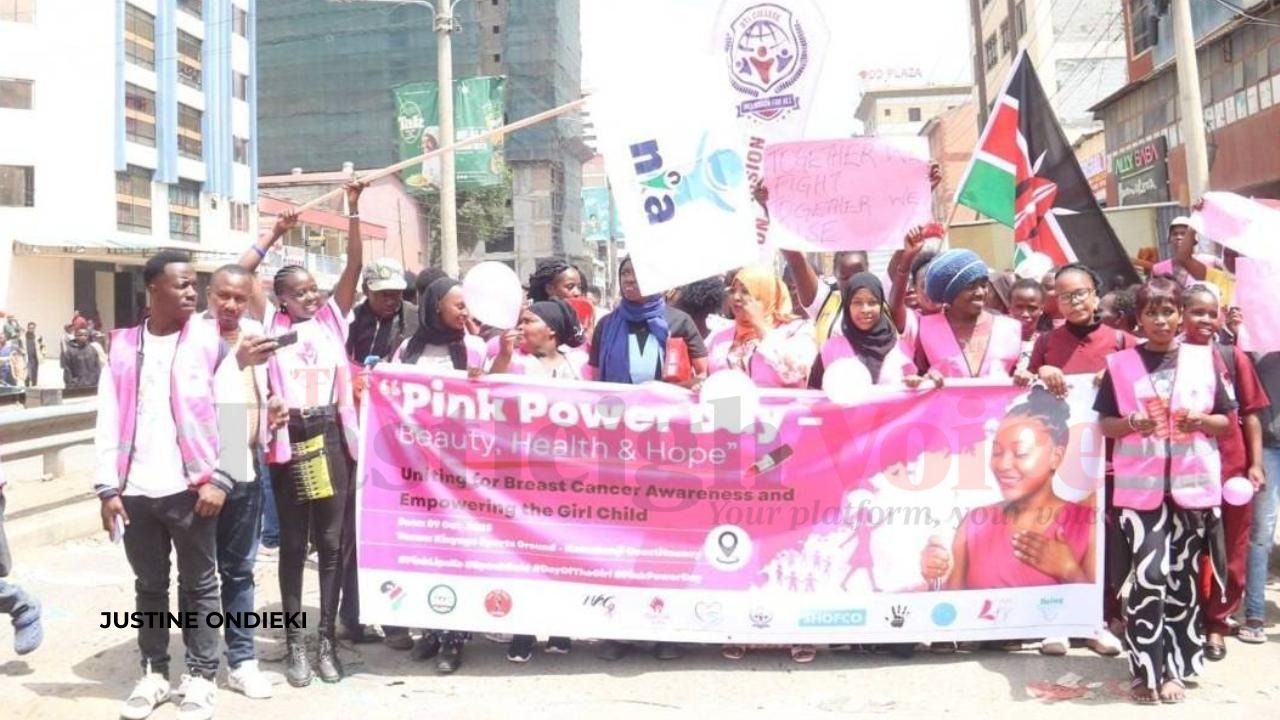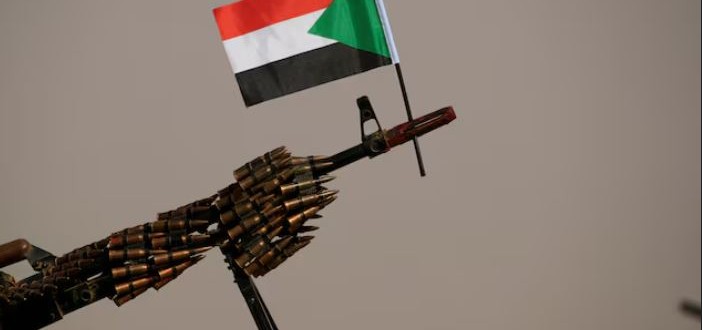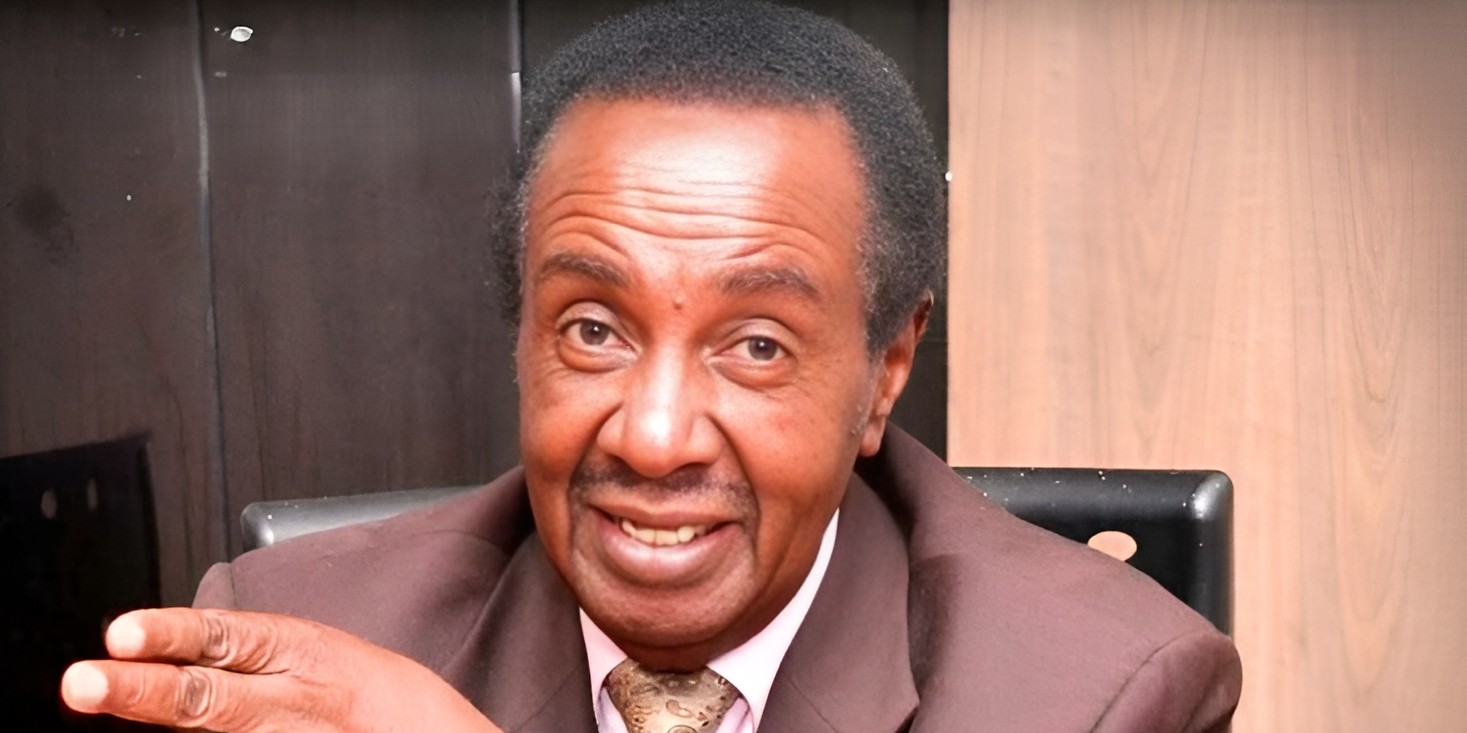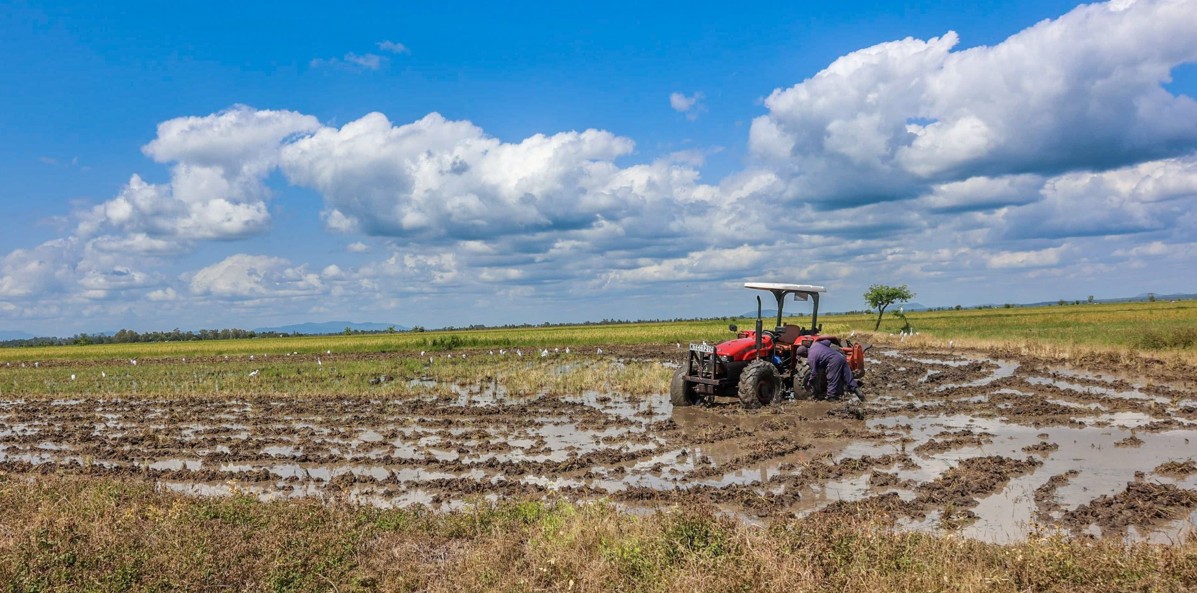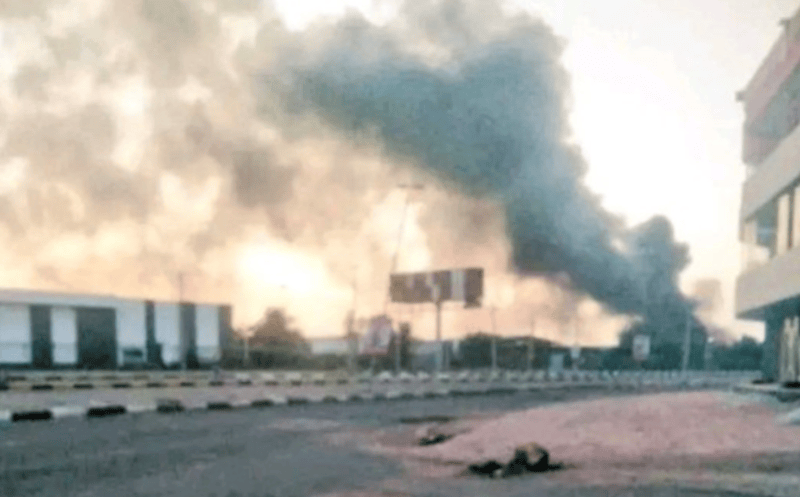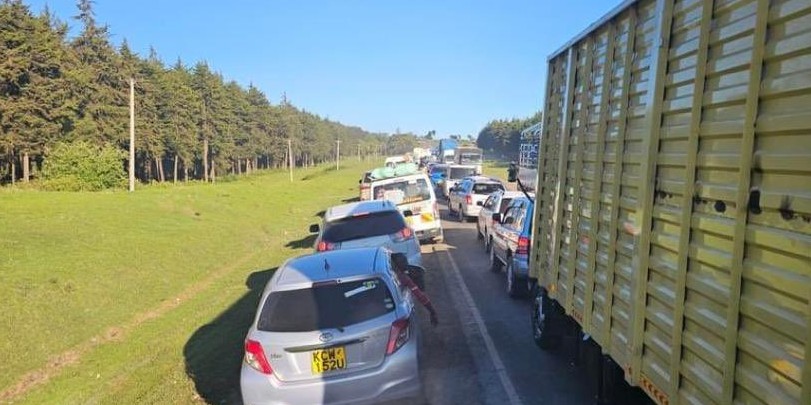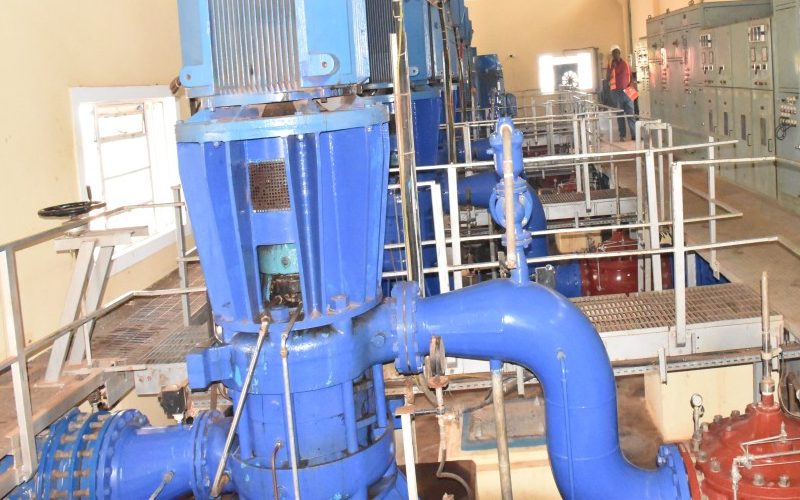Bureaucratic barriers by armed groups jeopardise humanitarian aid in Sudan, UN agency
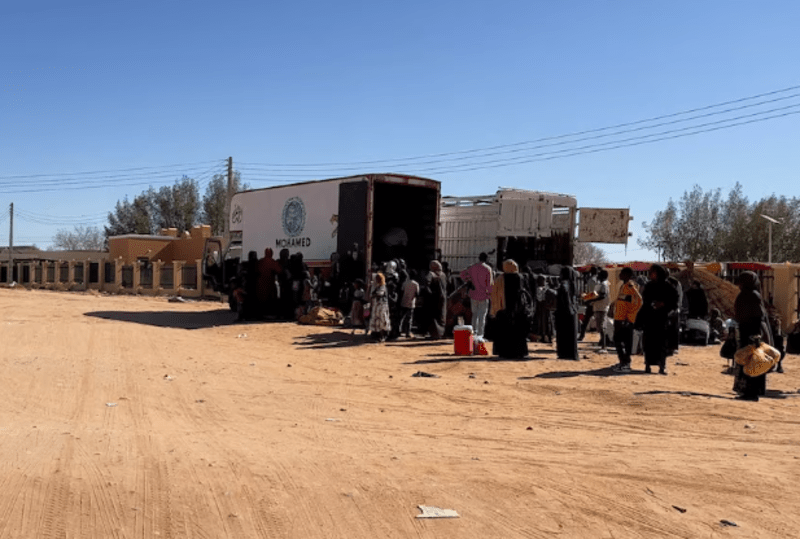
OCHA warns that the cumulative impact of these obstacles is causing delays and disruptions to planned humanitarian operations.
The delivery of critical humanitarian aid to civilians in war-torn Sudan is being severely hampered by bureaucratic obstacles imposed by the Sudan Liberation Army (SLA) and the Rapid Support Forces (RSF) in areas under their control.
A recent report by the United Nations Office for the Coordination of Humanitarian Affairs (UNOCHA), released on June 26, details the alarming rise in administrative impediments faced by aid organisations operating in the country.
More To Read
- Sudan among countries facing widespread mine and explosive contamination – UN report
- UN says delivering aid to northern Gaza remains challenging
- Suicide drones struck Sudan's capital Khartoum, forcing airport closure amid escalating attacks
- IOM urges immediate aid as Khartoum returnees surpass one million
- Global wars threaten women and girls like never before, UN report shows
- Hunger crisis deepens in Sudan’s El Fasher as 229 die under RSF siege
According to the UN agency, the hurdles imposed by the SLA in Jabal Marra of Central Darfur, including mandatory registrations, travel permits, and fees, are significantly disrupting the flow of vital assistance to vulnerable populations.
The RSF-established Sudanese Agency for Relief and Humanitarian Operations (SARHO) has also implemented its own set of bureaucratic requirements, particularly in Darfur, further complicating aid delivery in a region already grappling with a dire humanitarian crisis.
The paramilitary forces established SARHO in August 2023 to oversee the distribution of humanitarian aid in the RSF-held areas.
OCHA warns that the cumulative impact of these obstacles is causing delays and disruptions to planned humanitarian operations.
There are also growing concerns that the actions of the SLA and RSF could inspire other armed groups to impose similar restrictions, potentially leading to a widespread humanitarian crisis across Sudan.
“The need for unhindered humanitarian assistance in Sudan is more critical than ever,” the report emphasises, calling for urgent dialogue between aid agencies and relevant authorities to address these issues.
The international community must also work together to ensure that bureaucratic obstacles do not prevent life-saving aid from reaching the millions of Sudanese people in desperate need, added the OCHA.
The report highlights the importance of upholding humanitarian principles, ensuring that aid is delivered based solely on need, and free from political or military interference.
Top Stories Today


